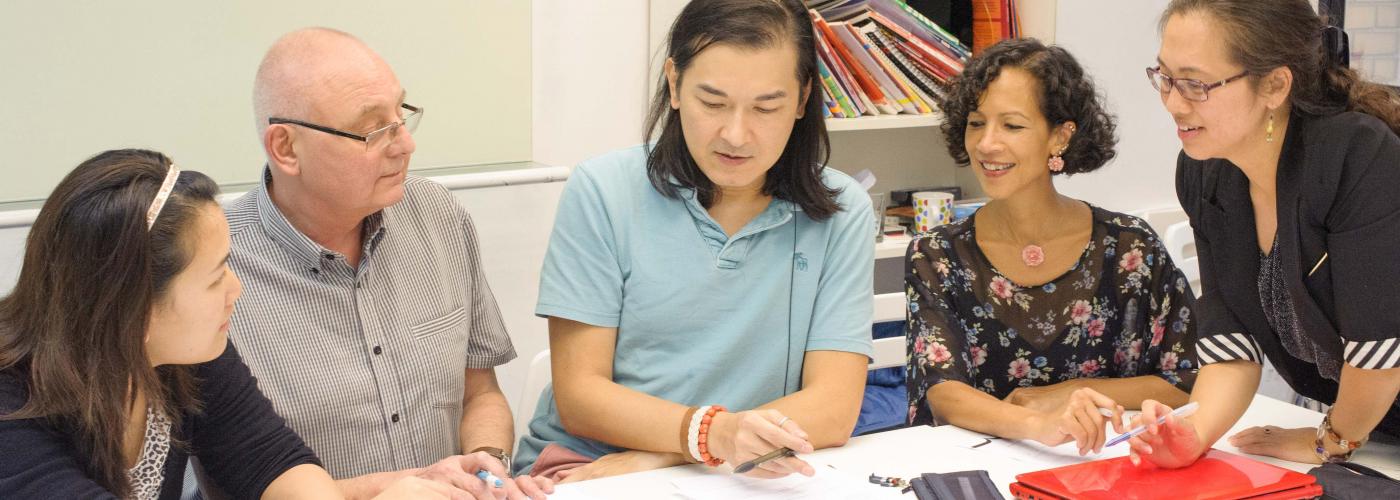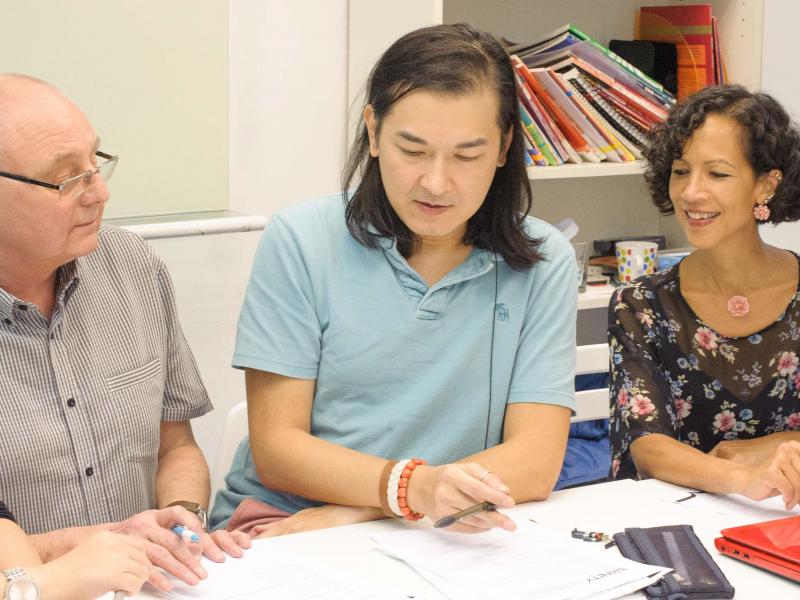20th April 2016
If you're interested in learning more about the CertTESOL, join one of our CPD taster sessions!
You may see online TEFL or TESOL courses that offer 100-130 hours of online, guided or self-access study and which offer certificates in English Language teaching. In terms of the number of hours, this is the same as a CELTA or CertTESOL course (both require 130 hours of study). The key difference, however, is observed and assessed teaching practice.
On the CELTA or CertTESOL courses like the one offered in Hong Kong you will complete 6 hours of teaching practice in which you prepare lesson plans and receive feedback from your peers and experienced tutor. This is something that online learning has yet to replace, and offers essential opportunities for reflection on your development as a teacher.
So which TEFL course is right for you?
That largely depends on where you plan to teach. Many people find work in developing countries (in Africa, South East Asia, China and Latin America) after completing an online TEFL course. Many of these people then go on to complete a CertTESOL or CELTA later because they decide they’d like to return home and continue working, where a CertTESOL or CELTA qualification is required. For many of these people, the extra cost of completing a certified CELTA or CertTESOL course is the deciding factor, because they aren’t sure if being an English language teacher is the right career path for them.
Where can I take a CertTESOL, CELTA or online TEFL?
The good thing about online TEFL or TESOL courses is that you can study them anywhere you have access to a computer. They will take you through some of the basic theories and methodologies that are used in contemporary English language teaching. However, what you won’t get is feedback on is your teaching or the success of any lesson plans you write or deliver.
The CELTA and CertTESOL courses are both externally moderated by Cambridge University and Trinity College London. This means that for any course that is approved and offered in any language teaching centre in the world, a rigorous application process has been followed which includes an extensive course proposal and fulfilling demanding requirements for each school and the resources they provide.
In addition, at the end of each CELTA or CertTESOL course, an independent representative from Cambridge or Trinity will visit to verify that the marks your tutor have given you are appropriate, that your work meets the standards set out by each institution, and that your training centre is providing the level of support they promised to in their initial application to run the course. This helps to ensure that all CELTA and CertTESOL certificates represent a relatively consistent level of professional ability.
Furthmore, it means that the programmes can be offered anywhere in the world. There are many schools running CELTA and CertTESOL courses in Asia: including Hong Kong, Bangkok, Kuala Lumpur, Singapore and Chiang Mai are some of the most popular destinations for prospective trainee teachers.



